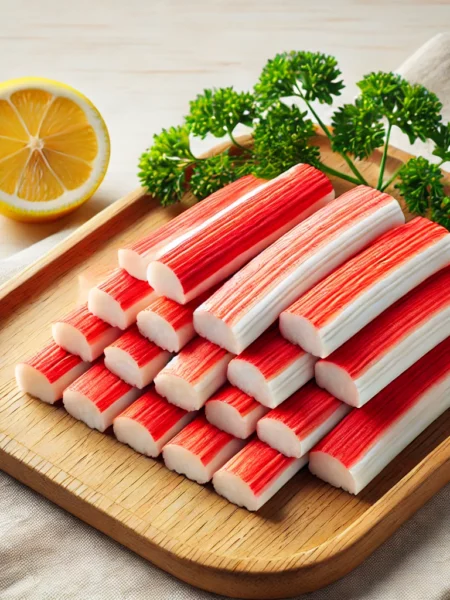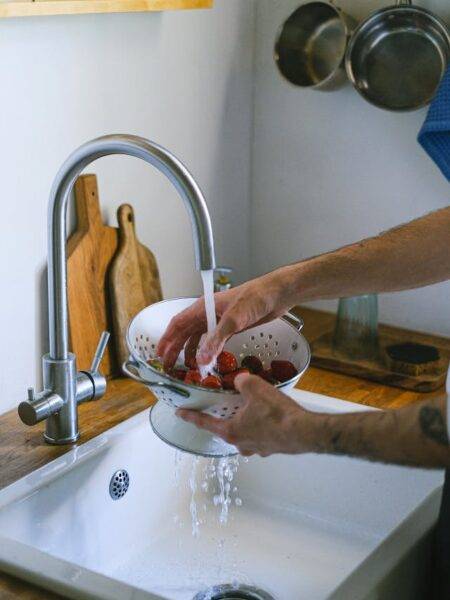
Why Jamón Ibérico is the World’s Most Coveted Ham
Description
Jamón Ibérico: The Luxury of Spanish Ham

Jamón-Ibérico, also known as Iberian ham, is a highly prized cured ham originating from Spain and Portugal. Made from the Iberian breed of pigs, this delicacy is renowned for its unique flavor, marbling, and the meticulous process that goes into its production. Its high price is due to the combination of the pigs’ specific diet, the lengthy curing process, and the rarity of the purebred Iberian pig. Jamón-Ibérico stands out as one of the most luxurious and sought-after cured meats in the world.
Where Does Jamón Ibérico Come From?
Jamón-Ibérico is primarily produced in southwestern Spain and southeastern Portugal, regions that offer the ideal conditions for raising Iberian pigs. These areas, rich in oak trees, provide an essential component of the pigs' diet—acorns. Known as the dehesa, this open pastureland allows pigs to roam freely, which enhances the quality and flavor of the meat. The Spanish regions of Andalusia, Extremadura, and Castilla y León are particularly known for producing high-quality Jamón-Ibérico.
What Makes Jamón Ibérico Unique?
The uniqueness of Jamón Ibérico comes from a combination of factors:
- Breed: The Iberian pig, distinct for its genetic ability to store fat within its muscles, gives the ham its characteristic marbling.
- Diet: Pigs destined to become high-quality Jamón-Ibérico are often fed a diet of acorns, which imparts a rich, nutty flavor and enhances the meat’s texture.
- Aging Process: The ham is cured for an extended period, often ranging from two to five years. This process deepens the flavor, giving it a complex, savory taste that is hard to replicate.
Are There Different Types of Jamón Ibérico?
Yes, Jamón-Ibérico is categorized into several types based on the pigs' diet and purity of the Iberian breed:
- Jamón Ibérico de Bellota: Known as the finest quality, this type comes from free-range pigs that eat a diet primarily of acorns.
- Jamón Ibérico de Cebo de Campo: These pigs are semi-free range and eat a diet of both acorns and grain.
- Jamón Ibérico de Cebo: Typically raised on a farm, these pigs are fed a diet of grain and other fodder.
- Jamón Ibérico Puro: This type indicates that the ham comes from a 100% purebred Iberian pig, which is relatively rare.
How Is It Made?
The process of making Jamón Ibérico is intricate and time-consuming:
- Raising the Pigs: Iberian pigs are often allowed to roam freely in the dehesa, foraging for acorns during the montanera season.
- Salting: After slaughter, the hind legs of the pig are covered in sea salt to draw out moisture and preserve the meat.
- Drying and Curing: The ham is then hung in a controlled environment to dry, followed by a long curing period in a bodega (a cool, dark aging room).
- Aging: High-quality Jamón-Ibérico can age for up to five years, which intensifies its flavors and aroma.
Each step of this process is carefully monitored to ensure the ham develops its distinct taste and texture.
What Is Iberico Ham's Price?
The price of Jamón Ibérico can vary significantly depending on its quality and type:
- Jamón Ibérico de Bellota: Prices for this highest-grade ham can range from $100 to $200 per pound, with whole legs costing upwards of $1,000.
- Jamón Ibérico de Cebo de Campo: Mid-range options are typically around $50 to $100 per pound.
- Jamón Ibérico de Cebo: Generally the most affordable, these hams cost about $30 to $70 per pound.
The high cost is justified by the unique qualities of the Iberian breed, the labor-intensive production process, and the lengthy aging period, making it a delicacy worth its premium price tag.
Where Can I Buy It ?
Available at Amazon
Related


Note
Handpicked Recipes















